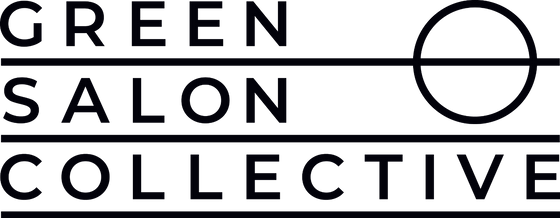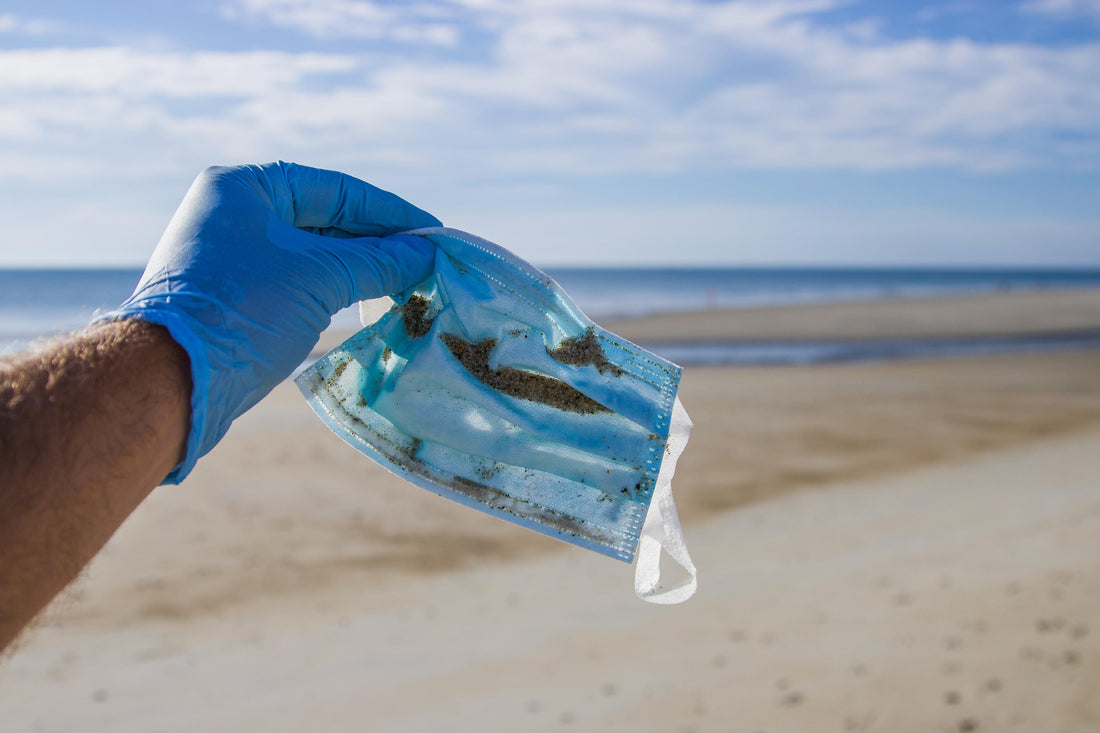The pandemic has forced shops to adhere to strict protocols in order to stop the spread of the virus. Salons need to adhere to these as well except as a services businesses working in very close contact with its customers, we need to be especially careful. Even with purpose-built station separators, everyone is technically exposed and so everyone wears personal protective equipment, or PPE.
Just imagine how much PPE that is. All those face masks, visors, gloves and aprons, most of it disposable, for just one salon. Now multiply that by all of the salons in the UK (over 40,000). Now include all the rest of the beauty industry businesses including nail salons and spas. Now multiply that by the number of days of operation. You can begin to see how much PPE the UK is using and disposing of.
Covid has seen the rise of disposables. The reason for a surge in disposable towels and cups and of course PPE is largely due to the concern of the virus lingering on surfaces and materials and thus spreading. There is still no consensus as to exactly how long it survives on certain surfaces. Some researchers have found that virus survived for just a few days on things like banknotes and glass or even longer on things like stainless steel and plastic. More recent research, however, has shown that it can be much more “robust” than that, surviving on smooth surfaces for up to 28 days… in the cold… in the dark.
Regardless of this debate, what cannot be disputed is that PPE is light and so it is very easy to be swept away by wind. It is littering our roads and parks and wreaking havoc on our natural world. Litter pickers and beach clean up crews have become familiar with the sight of the stuff. Read the Guardian article below to find out what to do with found PPE litter.
Most PPE is not recyclable. One reason is because much of it is made from different types of plastic that cannot be separated (or else with much difficulty, meaning costly). Another reason is due to their design. They are most often light and flimsy and so too easily clog sorting or recycling machinery. This is also part of the reason local councils seldom collect household carrier bags and the like (LDPE) and why they are only collected at the entrances of large supermarkets.
A single mask or glove may not seem like much but we are making and throwing away billions upon billions of these and so PPE is cluttering our already burdened landfill sites. But surely the biggest issue we face as a result of PPE is ocean plastic pollution. The big or whole bits that litter our waterways harm wildlife as they become entangled, trap or else confuse it with food. The smaller bits break down into smaller bits and eventually become microplastics which can never be removed from our oceans.
Green Salon Collective has compiled a number of solutions to help your salon minimise its PPE waste and we also offer some services to help you with responsible disposal. Read our articles:
- How to become a PPE-wise salon
- PPE waste: Responsible disposal solutions
This article was written for Green Salon Collective by MeetthefiveRs
- - -
References and further reading
First Mile’s article, Why is renewable energy so important?
First Mile’s article, 22 facts about renewable energy
UK Government press release, Huge increase in UK personal protective equipment production
BBC News article, Covid virus ‘survives for 28 days’ in lab conditions
The Guardian article, Ditch the gloves, buy a litter-picker, but don’t carshare! How to be eco-friendly in a pandemic
World Health Organisation article, Coronavirus disease (COVID-19): Masks
The Mayor of London and London Assembly article, Which is best: a reusable covering or a disposable/single use face covering?
TerraCycle’s article, Here’s how you start Eliminating the Idea of Waste®
TerraCycle’s Safety Equipment and Protective Gear Zero Waste Box™
Cover photo by Brian Yurasits on Unsplash

